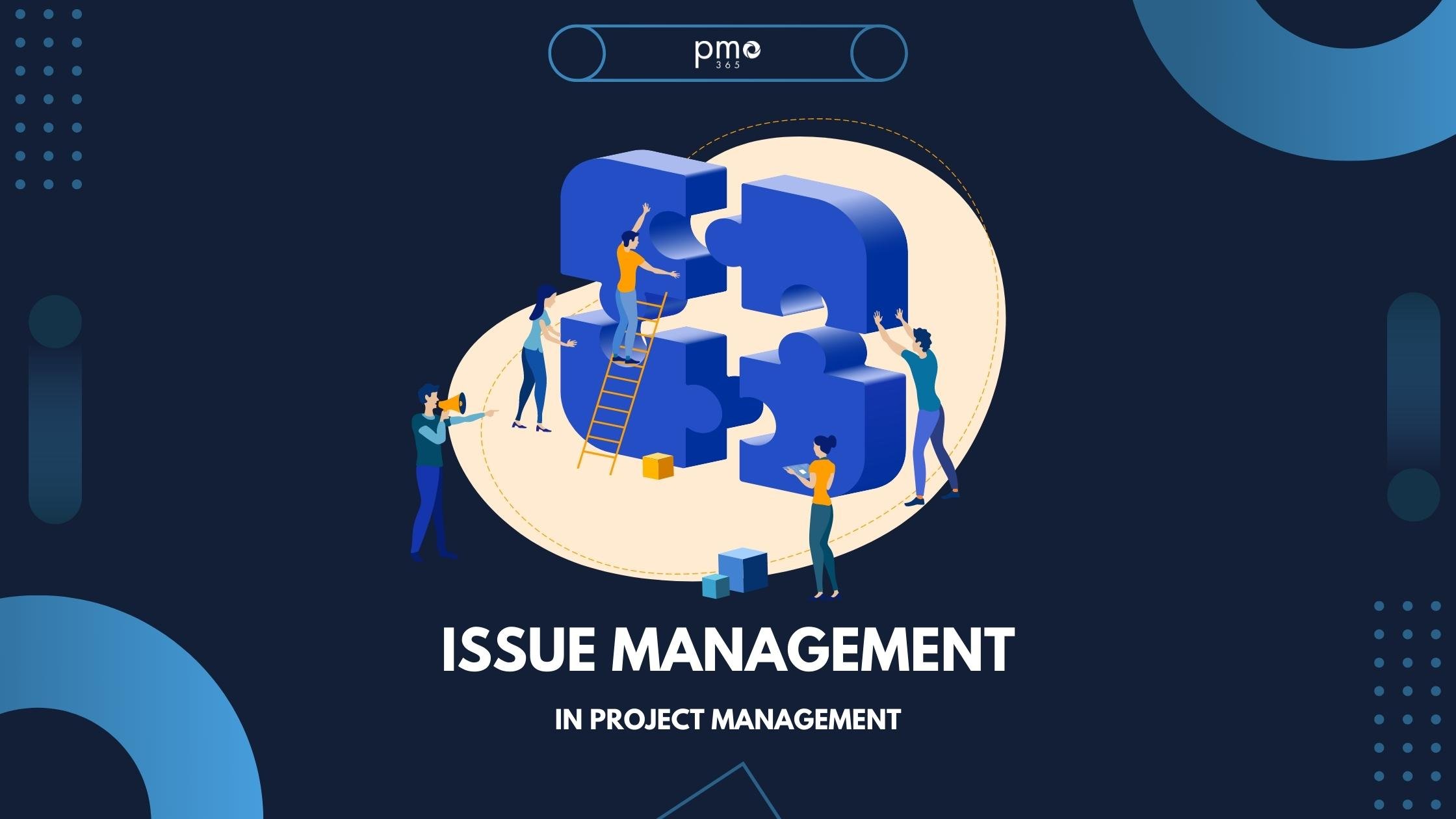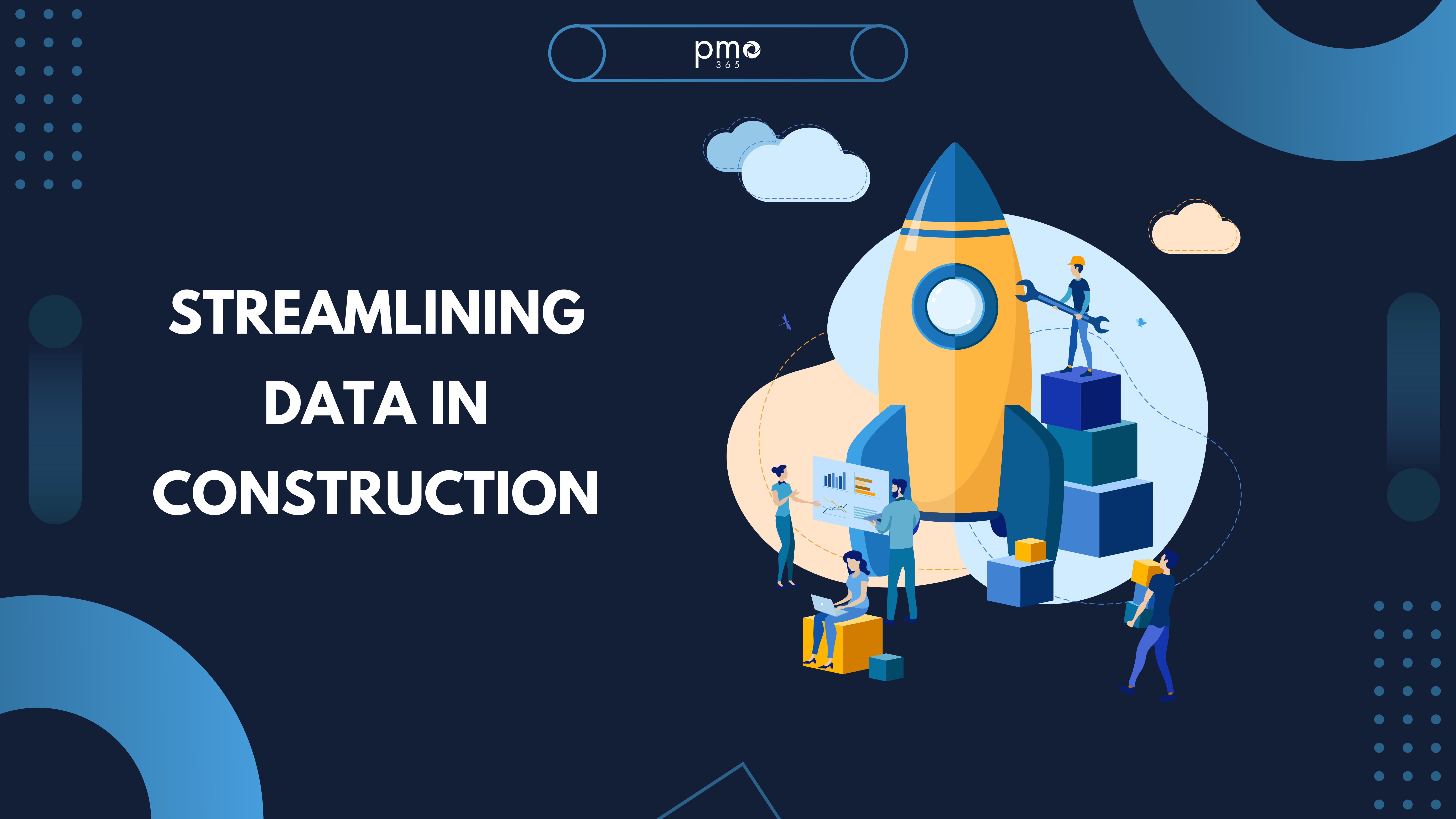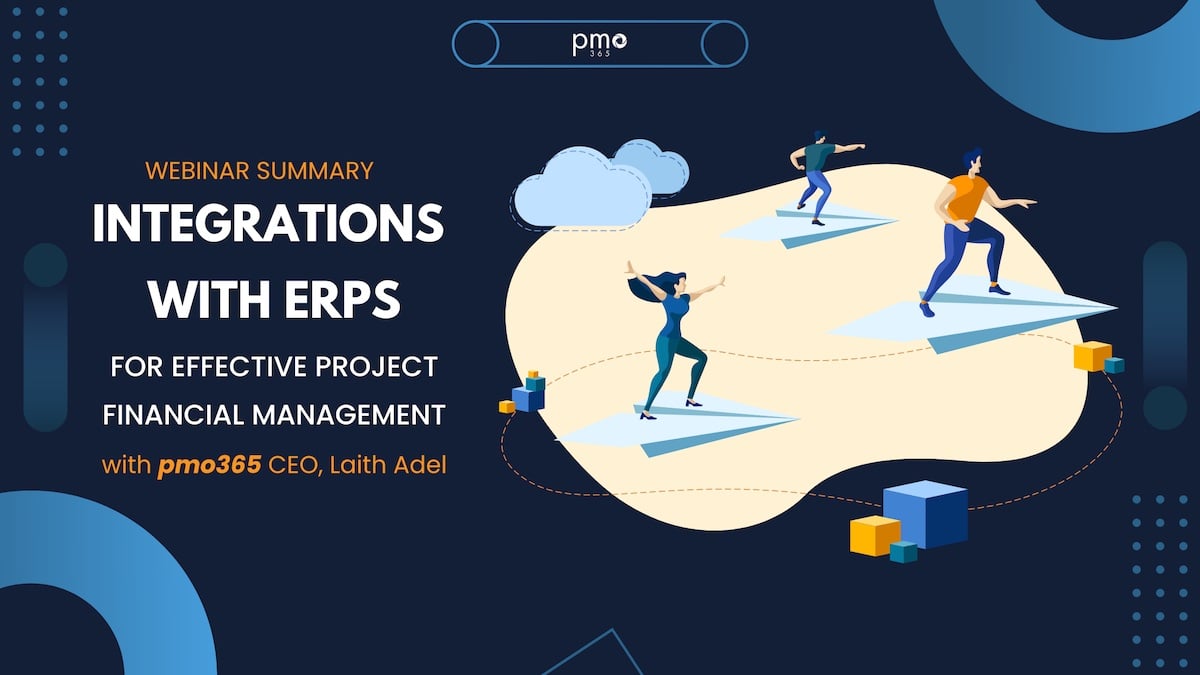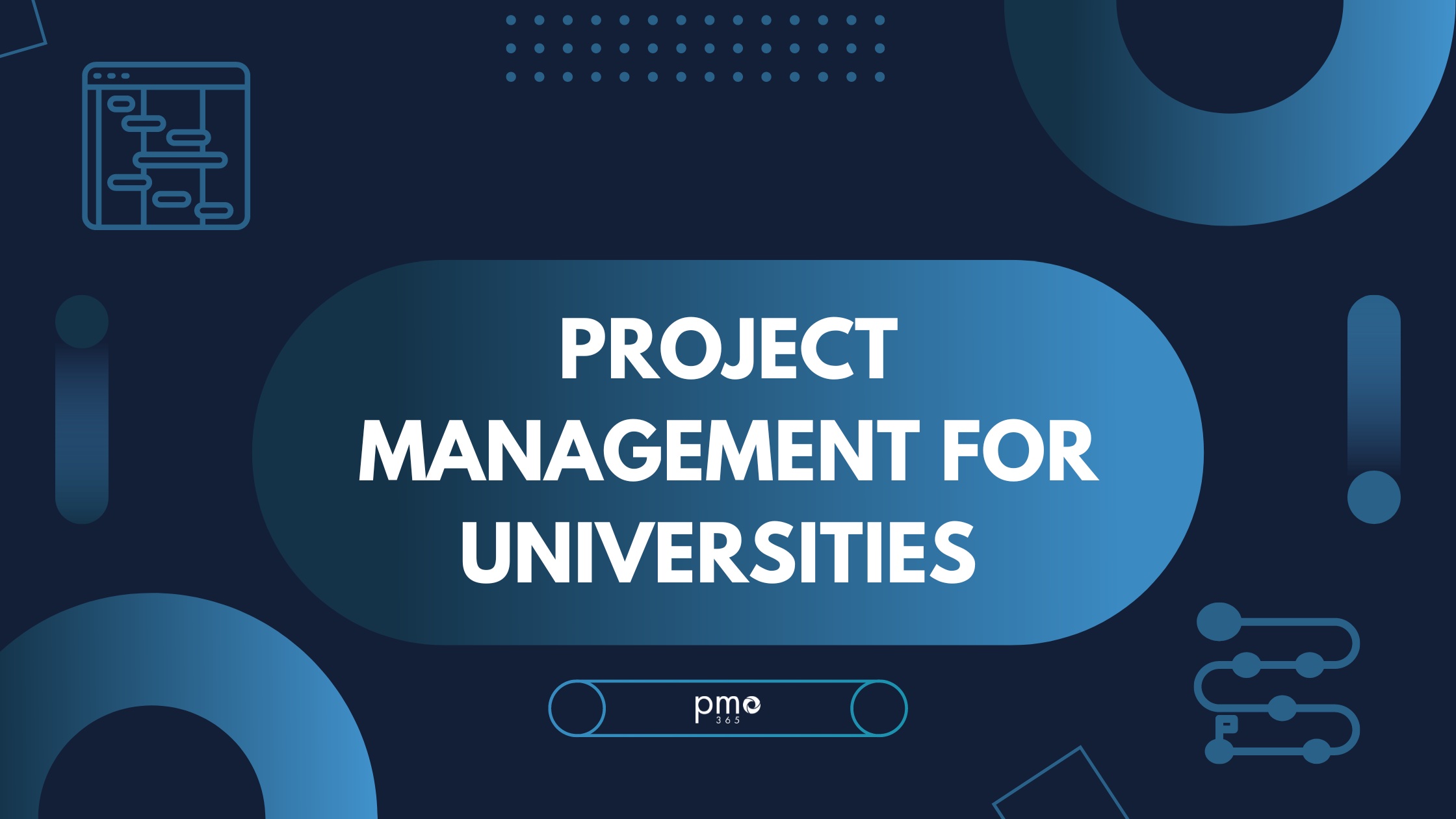Artificial Intelligence (AI) is set to fundamentally change the way we work, including the construction industry. Studies suggest that 20% of construction projects run over schedule and 80% run over budget, issues which AI could solve. But what exactly are the benefits and impact of AI in construction project management?
About AI and the Construction Industry
The construction industry is one of the oldest and largest industries in the world. Currently, it hires 7% of the world’s population and over $10 trillion is spent annually on construction-related goods and services. However, the industry is also one of least digitised industries and the second slowest to adopt technology into its practices. A McKinsey report suggests that the resulting loss of productivity costs of $1.6 trillion a year.
However, it’s not hard to see why the construction industry has been slower to adopt new tech. Factors such as the fragmented nature of construction, its dependency on public demand, and its informality, all could contribute to the legacy systems of construction. However, not digitising has resulted in the construction industry suffering from ineffective project management, inadequate skills, and poor design processes. As projects get bigger and more complex, so does the demand for accountability and efficiency.
Artificial Intelligence is likely to counteract many of these problems, and revolutionise the construction industry. It’s not hard to see how AI might be utilised, from automatic calculations to the automation of complex tasks. Therefore, construction managers are looking to AI technologies to economically improve overall productivity, safety, and efficiency.
AI’s capabilities are still vague, so it’s hard to realistically know it’s potential. However, it’s the organisations who embrace AI for what it can genuinely achieve and invest in its future potential. Here’s what we know about the real-world effects that AI will have.
Real world impacts of AI in construction project management
AI will enable extensive integration of construction activities, softwares and practices
Basak Keskin’s research suggests that 60% of construction project managers rank the improvement of data exchange capabilities as the most desired improvement in PPM solutions. One of the biggest challenges to effective project management is data discontinuity, inconsistency, and inaccuracy. Project managers will greatly benefit from AI’s ability to integrate and analyse real-time data.
AI will significantly mitigate risk and improve onsite safety on construction projects
The construction industry always has significant safety concerns, which can both pose risks to employees and projects. Construction project managers can use machine learning to identify patterns and analyse the ongoing risks of the projects.
AI allows project managers to identify trends and patterns that may not be immediately obvious. This provides project managers greater visibility, and therefore a better position to make decisions from. AI will act as the critical bridge between intuition and experience with predictive data. This data can be from both analysis of past projects and accurate risk modelling or analysis of real-time projects. This means any changes to the project can be accounted for, and risks can be mitigated in a timely manner.
Additionally, AI monitoring means that it can analyse photos and videos through wearable sensors and proximity sensors. This can assist project managers in identifying potential safety hazards and send alerts immediately.
AI will streamline cost management
As projects get bigger, keeping a project within budget is becoming increasingly difficult. Like any project, construction projects suffer from inaccurate or delayed reporting and data input, costing financially and resources.
AI can streamline and automate the majority of cost management activities through robotic process automation (RPA) and predictive analysis. By leveraging historic data, AI can make more accurate estimations and calculations, providing real-time reports. In fact, the overall productivity and insight gained from RPA will bring efficiencies in cost management and across the entire construction project.
AI will elevate construction project planning
Planning is one of the most critical aspects of project success. When you consider components such as risks, schedules, and cost estimates, developing a comprehensive project plan for large scale construction projects is complex. As previously stated, AI is particularly useful for predictive analysis, scenario building and contingency planning. Further, machine learning intutively identify patterns and relationships between moving parts of the projects to recommend the most optimal arrangements. These two capabilities of AI will streamline construction project planning, while increasing its accuracy.
AI addresses labour shortages and optimises resources
The pairing of resource management and schedule management is one of the most challenging issues of construction project management. The McKinsey report states that onsite productivity could increase by 50% by implementing real-time data analysis.
Through assistant bots and other forms of sensors and trackers, AI can continually evaluate workloads. This will enable project managers to easily identify and reallocate unused resources to the most optimal activities. This means that every resource is used to its capacity, and reduces any wastage throughout the construction project. Eventually, AI is expected to hold to role of fully automated digital assistants that provide valuable recommendations for resource management.
AI will simplify post-construction activities
Most construction projects don’t simply end when the building is standing. Buildings require continual maintenance and monitoring to ensure any issues do not lead to catastrophic results. By collecting information about the construction, Build Information Modelling (BIM) software can estimate the status and performance of the finished product. This streamlines maintenance activities and reduces the risk of human errors leading to an overall improvement on on-site safety.
Get a head start on Artificial Intelligence
When it comes to AI, those who move first and fast will reap the most rewards. But don’t simply follow the hype of AI. We’ve done the research, and have compiled information to give you a more realistic perspective on the future of AI in project management. Read about the how to prepare your PMO for AI, and how to utilise AI tools in your project management activities. Keep in the loop with all the latest project and portfolio management insight from our PPM expert on our blog!













